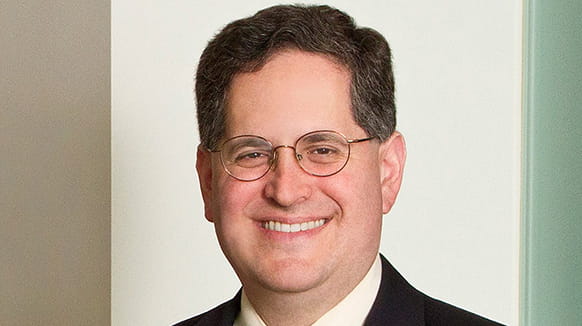View the PDF version of the July 2020 IP Beacon.
David McCombs, Raghav Bajaj, Dina Blikshteyn, Jonathan Bowser, Eugene Goryunov, Angela Oliver in Legal Tech News - Navigating a New Realm: AI and Patent Law
Back in 1955, John McCarthy coined the term “artificial intelligence” to represent the science of developing intelligent machines. The following year, McCarthy established AI as a field when he organized the Dartmouth Conference to operate under the “conjecture that every aspect of learning or any other feature of [human] intelligence can in principle be so precisely described that a machine can be made to simulate it.” While AI as a term and science may not be new, certain legal issues surrounding the patenting of AI inventions certainly is at its infancy.
Fast Tracking Your Ex Parte Patent Appeals May Be Appealing: United States Patent & Trademark Office (USPTO) Announces New Pilot Program
Starting July 2, 2020, ex parte appeals to the Patent Trial and Appeal Board (PTAB) can be expedited under the new Fast-Track Appeals Pilot Program. It currently takes approximately 15 months for the PTAB on a typical appeal when decisions are issued in the order that the appeals are docketed, and this delay is often longer for certain technology centers. The new Pilot Program advances an appeal out of turn, and guarantees that the PTAB will issue a decision within 6 months of the appeal’s entry into the program.
Kelvin Varghese in IP & Technology Law Journal - No Need to Neglect Nexus: Prosecution Lessons from FOX Factory v. SRAM
On Dec. 18, 2019, in FOX Factory, Inc. v. SRAM, LLC (“Fox Factory”), the U.S. Court of Appeals for the Federal Circuit addressed the conditions under which a patent owner is entitled to the presumption of a nexus between a claimed invention and evidence of secondary considerations.
Secondary considerations or objective indicia of non-obviousness, if present, must be considered in determining whether a patent claim is obvious. Evidence of secondary considerations may help demonstrate that the claim is not obvious, even when the prior art would have suggested that the claim is obvious. Secondary considerations include long-felt but unsolved needs, failure of others, unexpected results, commercial success, copying, licensing, and praise.
Copyright Office Finds Aspects of the DMCA “Unbalanced” in Favor of Online Service Providers
On May 21, 2020, the United States Copyright Office published a long-anticipated report assessing the efficacy of Section 512 of the Digital Millennium Copyright Act (“DMCA”). In the nearly-200-page report, the Copyright Office takes a critical look at the DMCA’s “safe-harbor” provisions, ultimately concluding that certain aspects of Section 512 have become “unbalanced” in the twenty years since it was enacted. According to the Copyright Office, the “balance” has shifted almost uniformly in favor of online service providers (OSPs) to the detriment of rightsholders who own copyrights.
The Supreme Court Declines to Revamp Preclusion Law in Lucky v. Marcel Trademark Dispute
In a unanimous opinion authored by Justice Sotomayor, the U.S. Supreme Court declined to redefine preclusion, reversing the Second Circuit’s decision in trademark dispute Lucky Brand Dungarees Inc. v. Marcel Fashion Group Inc. The Second Circuit’s opinion had attempted to expand res judicata beyond the well-recognized issue preclusion and claim preclusion, creating a new category it called “defense preclusion.” The Supreme Court determined that a defense will only be precluded if it meets the requirements of issue preclusion or claim preclusion. Thus, defendants need not litigate to finality all possible defenses, which could vastly increase the cost of litigation.
